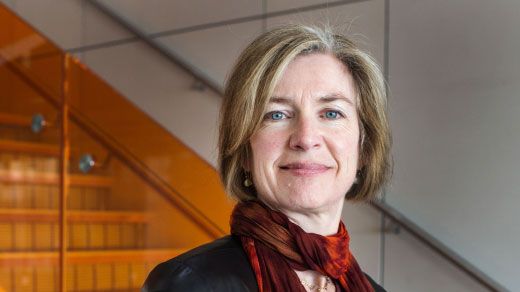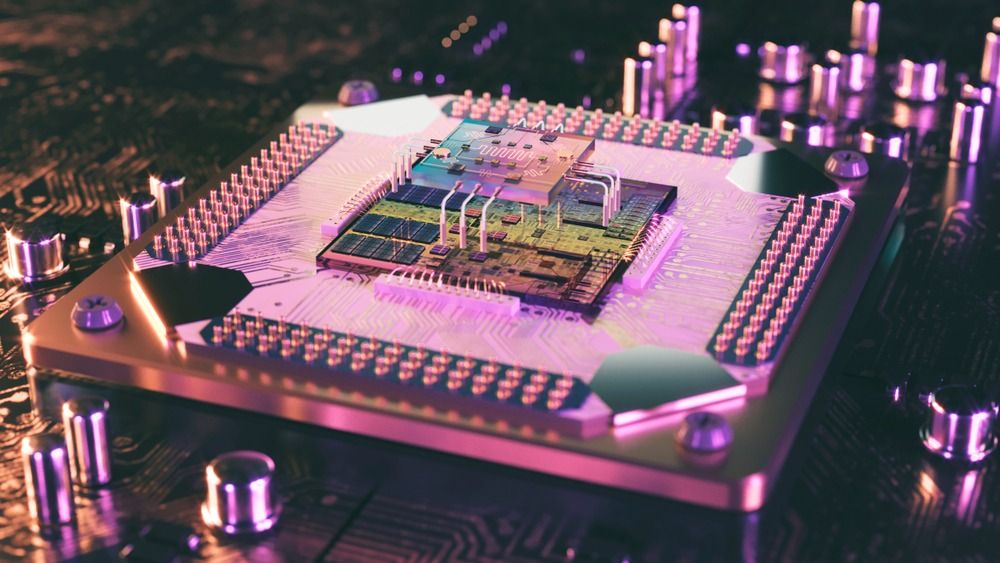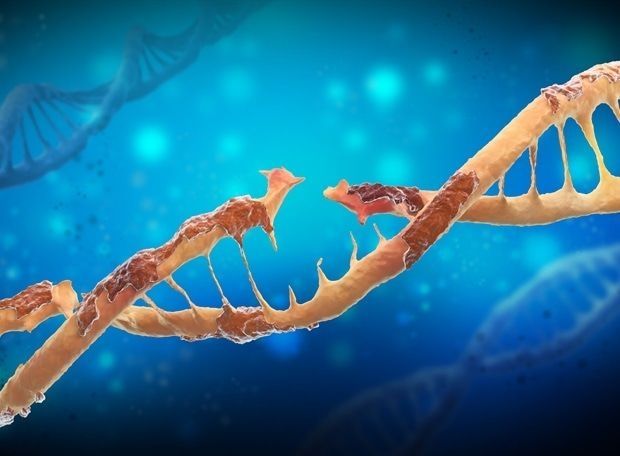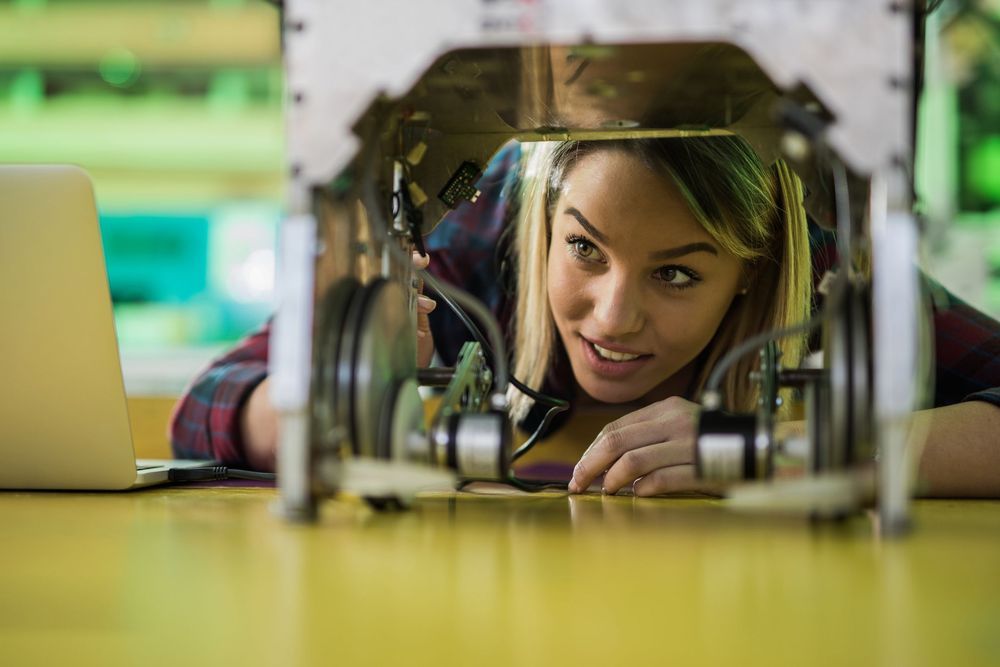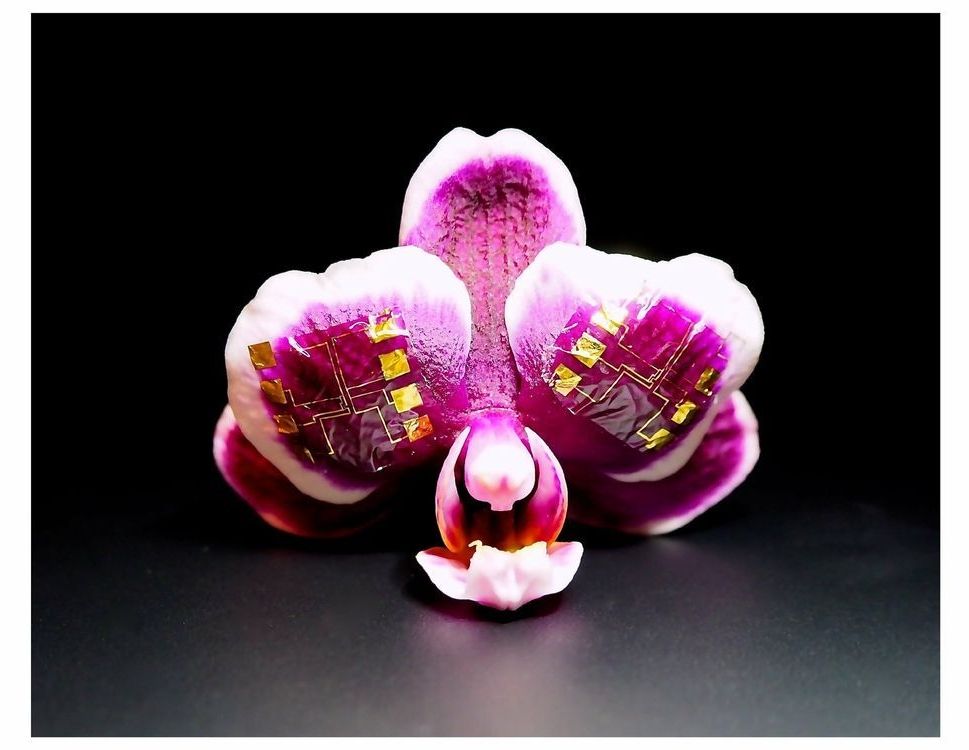Page 8143
Feb 28, 2019
Professor JohnJoe McFadden Quantum Biology — IdeaXme — Ira Pastor
Posted by Ira S. Pastor in categories: aging, biological, biotech/medical, chemistry, complex systems, cosmology, disruptive technology, DNA, evolution, health

Feb 28, 2019
Is Silicon Valley’s quest for immortality a fate worse than death?
Posted by Derick Lee in categories: biotech/medical, food, life extension
Besides that, everyone living much, much longer would cause many other problems. Where do the children of these centenarians live?
Until workable life-preserving technology is available, immortality enthusiasts are also obsessed with staying healthy – some fast on certain days, others watch calories, most exercise – so they are around long enough to benefit from emerging anti-aging science.
In 2019, the quest for everlasting life is, largely, though not always, more scientific. Funded by Silicon Valley elites, researchers believe they are closer than ever to tweaking the human body so that we can finally live forever (or quite a bit longer), even as some worry about pseudoscience in the sector.
Continue reading “Is Silicon Valley’s quest for immortality a fate worse than death?” »
Feb 27, 2019
Approaching Y2Q and barely a peep (or tweet) from the government
Posted by Saúl Morales Rodriguéz in categories: computing, government, quantum physics
The countdown to the arrival of quantum computing has already begun. Here’s how the government can get ready.
Feb 27, 2019
Study finds specific mechanism that protects cells from natural DNA errors
Posted by Xavier Rosseel in categories: biotech/medical, genetics
What is less known is that a more problematic source of DNA damage is normal cellular processes such as DNA replication. These cannot be avoided because they are inevitably in action every time cells divide. The scale of this problem is best illustrated by realizing that our bodies are made up by successive divisions of trillions of cells, all originating from a single fertilized egg. Every day, a quarter of a trillion cells in the adult human body continue to divide to replenish old or damaged tissue. Amongst the multitude of DNA damage incurred during each such cell division process, the most dangerous are those that can be passed on from mother cells to newly born daughter cells. This inherited DNA damage is the true ‘enemy within’ that cannot be simply avoided by changing one’s lifestyle.
Researchers from the University of Copenhagen have identified a specific mechanism that protects our cells from natural DNA errors — an ‘enemy within’ — which could permanently damage our genetic code and lead to diseases such as cancer. The study has just been published in one of the most influential scientific journals, Nature Cell Biology.
Researchers from the University of Copenhagen have discovered a mechanism that gives human cells a chance to stop piling up mutations cells replicate and divide in the body. The discovery could prove to be very useful in the development of new treatments against diseases caused by changes in human DNA such as cancer.
Continue reading “Study finds specific mechanism that protects cells from natural DNA errors” »
Feb 27, 2019
SpaceX’s Falcon 9 rocket booster survived a ‘spicy’ landing at sea after launching the first private moon mission
Posted by Genevieve Klien in categories: Elon Musk, space travel
The Air Force had said there was about a 20% chance that the launch would be delayed because of bad weather. But the 23-story Falcon 9 rocket lifted off on time on Thursday.
After the booster’s landing, SpaceX CEO Elon Musk tweeted: “Highest reentry heating to date. Burning metal sparks from base heat shield visible in landing video.”
You can watch the mission and landing, narrated by SpaceX staff, here, though this clip shows the booster’s heat shield burning off.
Feb 27, 2019
Microsoft says employers will look for these 3 skills as A.I. changes the workforce
Posted by Genevieve Klien in category: robotics/AI
According to Microsoft’s new report, there will be a major shortage of these skills by 2021.
Feb 27, 2019
Using 1 germ to fight another when today’s antibiotics fail
Posted by Genevieve Klien in category: biotech/medical
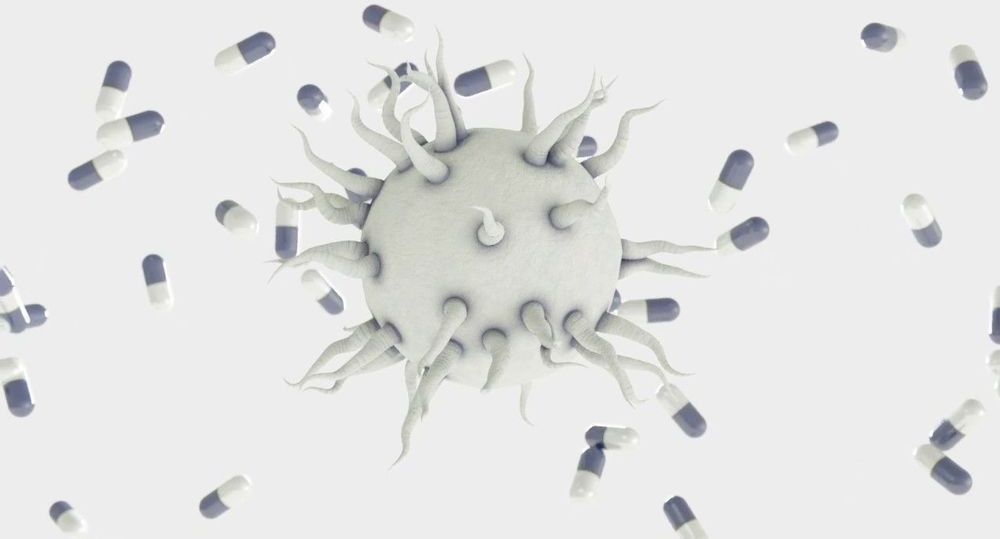
NEW HAVEN, Conn. (AP) — Bacteria lodged deep in Ella Balasa’s lungs were impervious to most antibiotics. At 26, gasping for breath, she sought out a dramatic experiment — deliberately inhaling a virus culled from sewage to attack her superbug.
“I’m really running out of options,” said Balasa, who traveled from her Richmond, Virginia, home to Yale University for the last-resort treatment. “I know it might not have an effect. But I am very hopeful.”
Continue reading “Using 1 germ to fight another when today’s antibiotics fail” »
Feb 27, 2019
What to expect when Crew Dragon launches to the International Space Station
Posted by Alberto Lao in category: space travel
It’s finally happening. Nearly 8 years after the final space shuttle flight, a crew-capable spacecraft is once again ready to launch from Kennedy Space Center, Florida. SpaceX’s Crew Dragon is scheduled to blast off for a 6-day, uncrewed test flight on 2 March at 02:49 EST (07:49 UTC). If all goes well, the spacecraft will dock at the International Space Station (ISS) on 3 March around 06:00 EST (11:00 UTC) and stay there until 8 March, when it returns to Earth and splashes down in the Atlantic Ocean off the Florida coast.
Feb 27, 2019
Fast, flexible ionic transistors for bioelectronic devices
Posted by Klaus Baldauf in categories: biotech/medical, computing
Many major advances in medicine, especially in neurology, have been sparked by recent advances in electronic systems that can acquire, process, and interact with biological substrates. These bioelectronic systems, which are increasingly used to understand dynamic living organisms and to treat human disease, require devices that can record body signals, process them, detect patterns, and deliver electrical or chemical stimulation to address problems.
